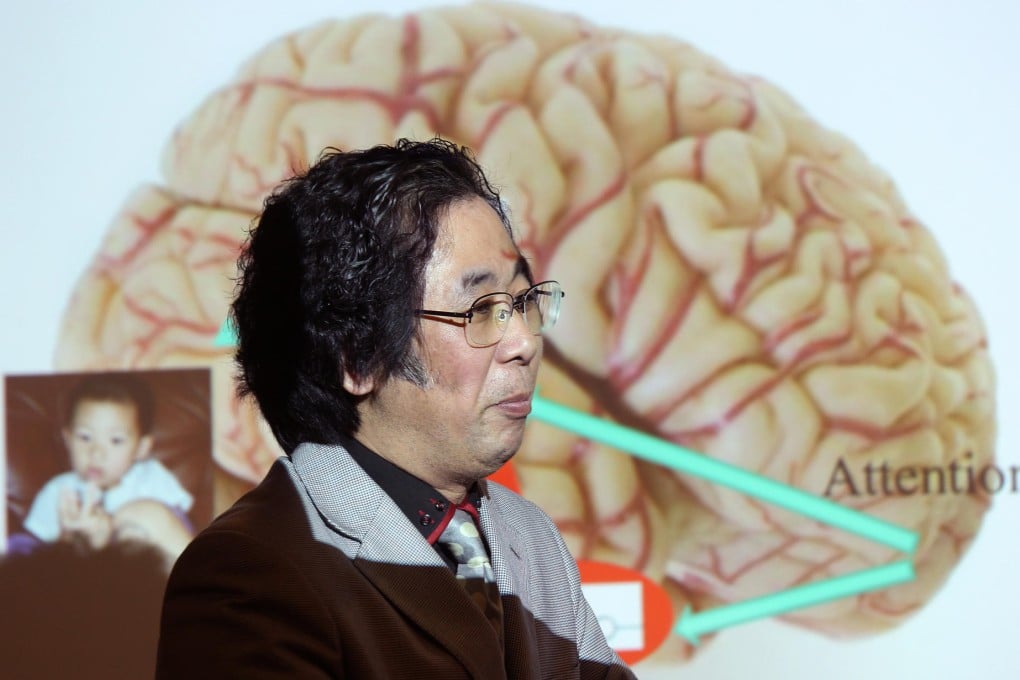University team developing drugs that could suppress and enhance memory

University researchers are in the midst of developing a drug to suppress bad memories and another that could help Alzheimer's sufferers retain vital information.
Studies conducted by He Jufang and his team at City University have found the mechanism by which Cholecystokinin (CCK) - a chemical produced by the brain - can turn on and off memory writing.
It means one drug could be given to Alzheimer's patients to help them retain important details, such as their addresses, while another could help survivors in disaster zones get over traumatic experiences, said He, a professor in the department of biology and chemistry.
"No one needs to remember an earthquake and its aftermath," he said.
To test their theory that CCK played a vital part in long-term memory retention, the team inserted electrodes into the brains of around 100 anaesthetised rats and 20 guinea pigs, targeting the neocortex, the area of the brain where memories are written. The electrodes registered electrical activity when memories were being written.
The tests found that when CCK was injected into the animals' brains, the electrodes detected more activity in response to light and sound stimuli. In contrast, applying a chemical that blocked the action of CCK, showed no response.